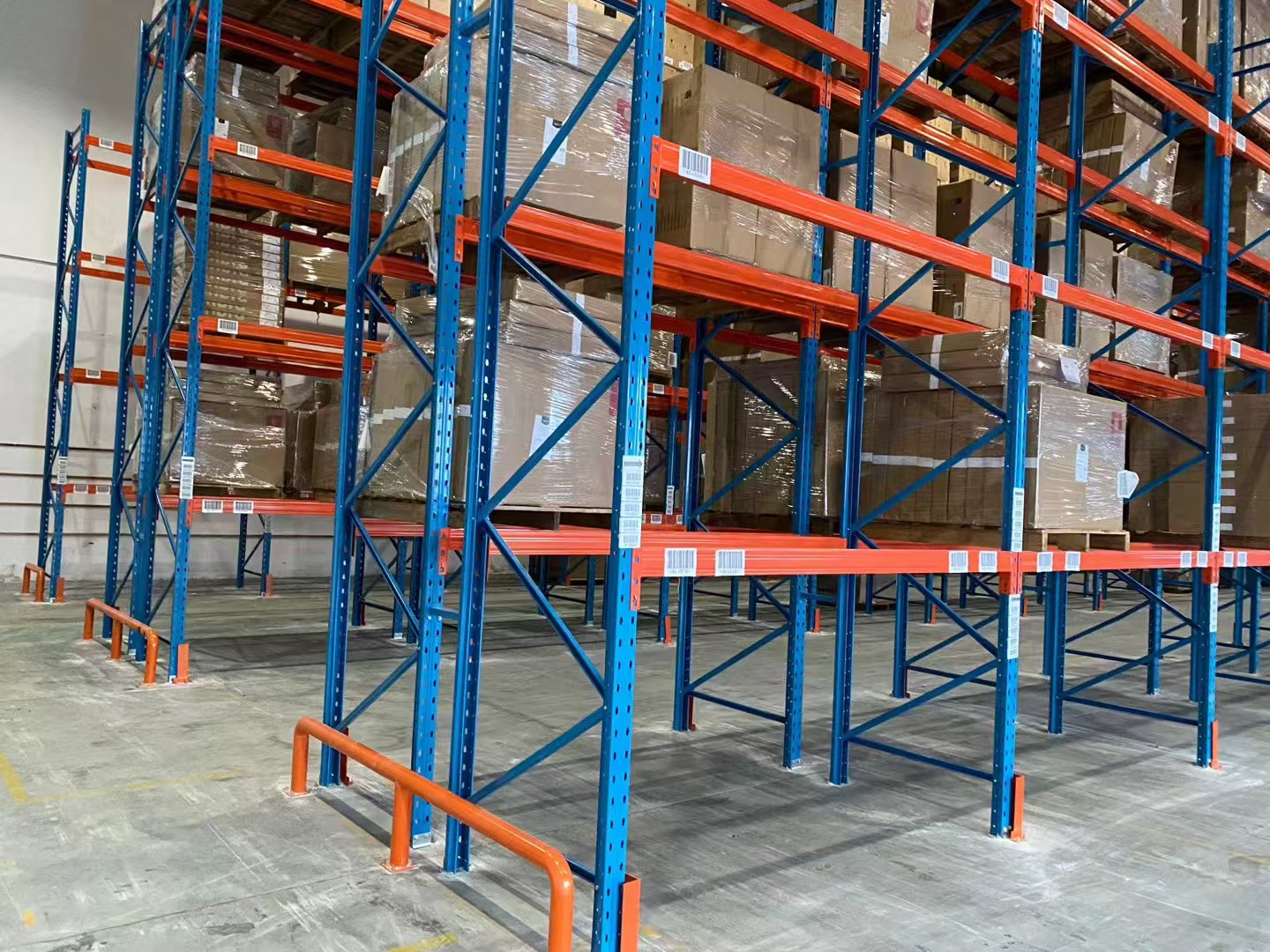Shelf VS. Rack: What Is The Difference? The terms racking and shelving refer to distinct types of storage systems, primarily differing in capacity, structure, access method, and typical use cases:
Here's a breakdown of the key differences:
Shelving: Designed for lighter to medium-weight items (boxes, bins, small parts, tools, files, retail goods). Load capacity is typically measured per shelf level (e.g., 100 lbs to 1000 lbs per shelf).
Racking: Engineered for very heavy, bulky, and palletized loads. Capacity is measured per beam level and often per upright frame, commonly ranging from 1,000 lbs to tens of thousands of pounds per level. Built to handle the weight of full pallets and industrial products.
Shelving: Generally lighter construction. Often made of steel mesh, particle board, or light-gauge steel. Shelves are usually solid surfaces (mesh, wood, laminate) supported by uprights and brackets. Systems are often boltless (teardrop design) for easy assembly/configuration.
Racking: Heavy-duty, industrial construction made from thick structural steel. Features upright frames with slots/teardrops and horizontal load beams that create levels. Pallets rest directly on the beams; there is no solid shelf surface. Requires bolted connections for strength and safety.
Shelving: Designed for manual picking. Items are accessed directly by hand by personnel walking up to the shelf.
Racking: Primarily designed for forklift access. Pallets are stored and retrieved using forklifts, reach trucks, or order pickers. Aisles between racking must be wide enough for this equipment.
shelves and racks difference :Load Capacity & Weight:Unit Load:
Shelving: Stores individual items, boxes, bins, or cartons placed directly on the shelves.
Racking: Stores unitized loads, most commonly pallets. Can also hold long rolls, drums, or large appliances on the beams.
shelves and racks difference :Load Capacity & Weight:Height & Density:
Shelving: Typically used in lower-height applications (e.g., under 12-15 feet), though some warehouse shelving can be taller. Optimized for accessibility, not necessarily maximum cube utilization.
Racking: Designed to maximize vertical cube storage in warehouses with high ceilings (often 20+ feet, up to 40+ feet). Creates very dense storage configurations.
